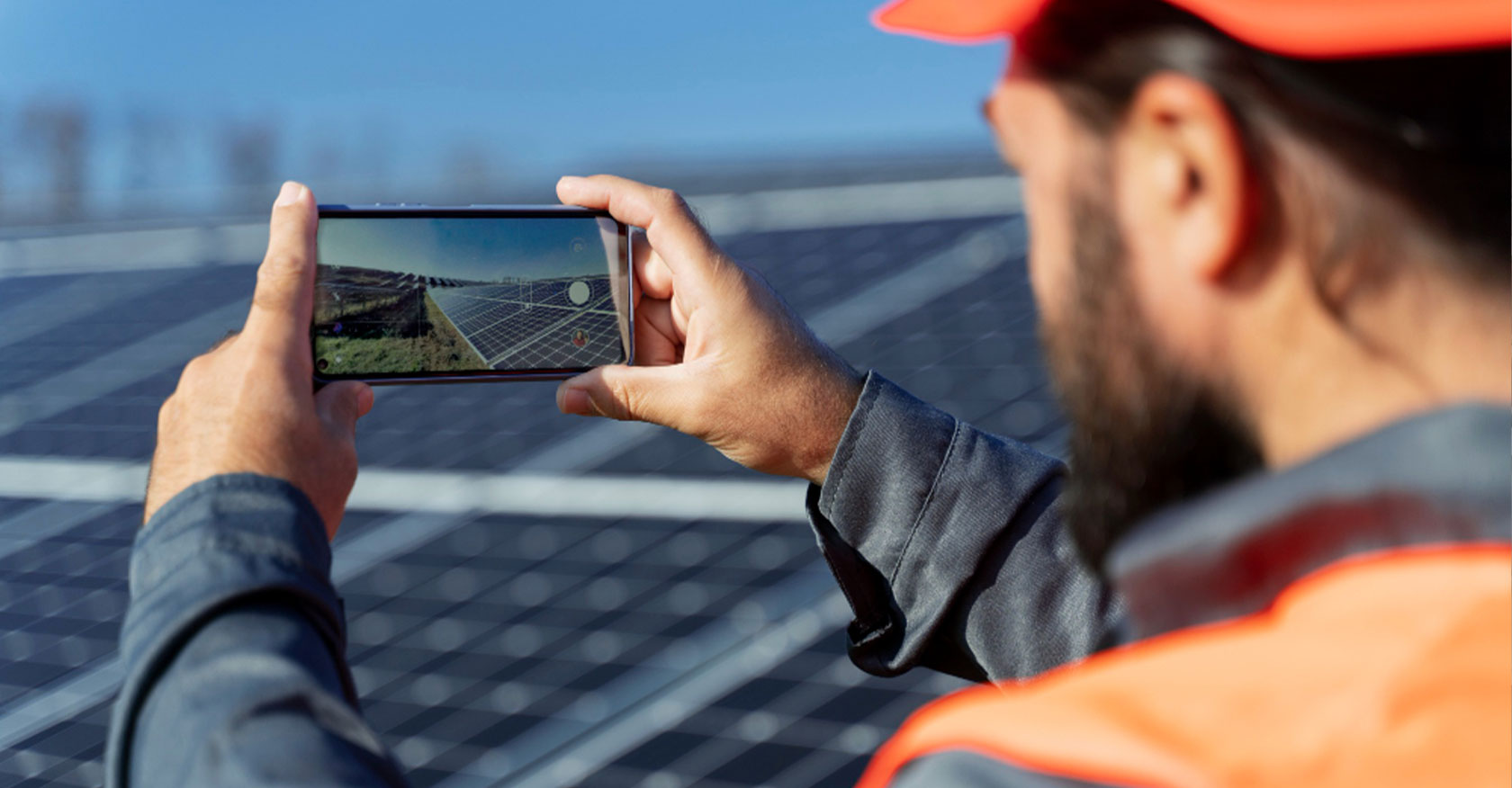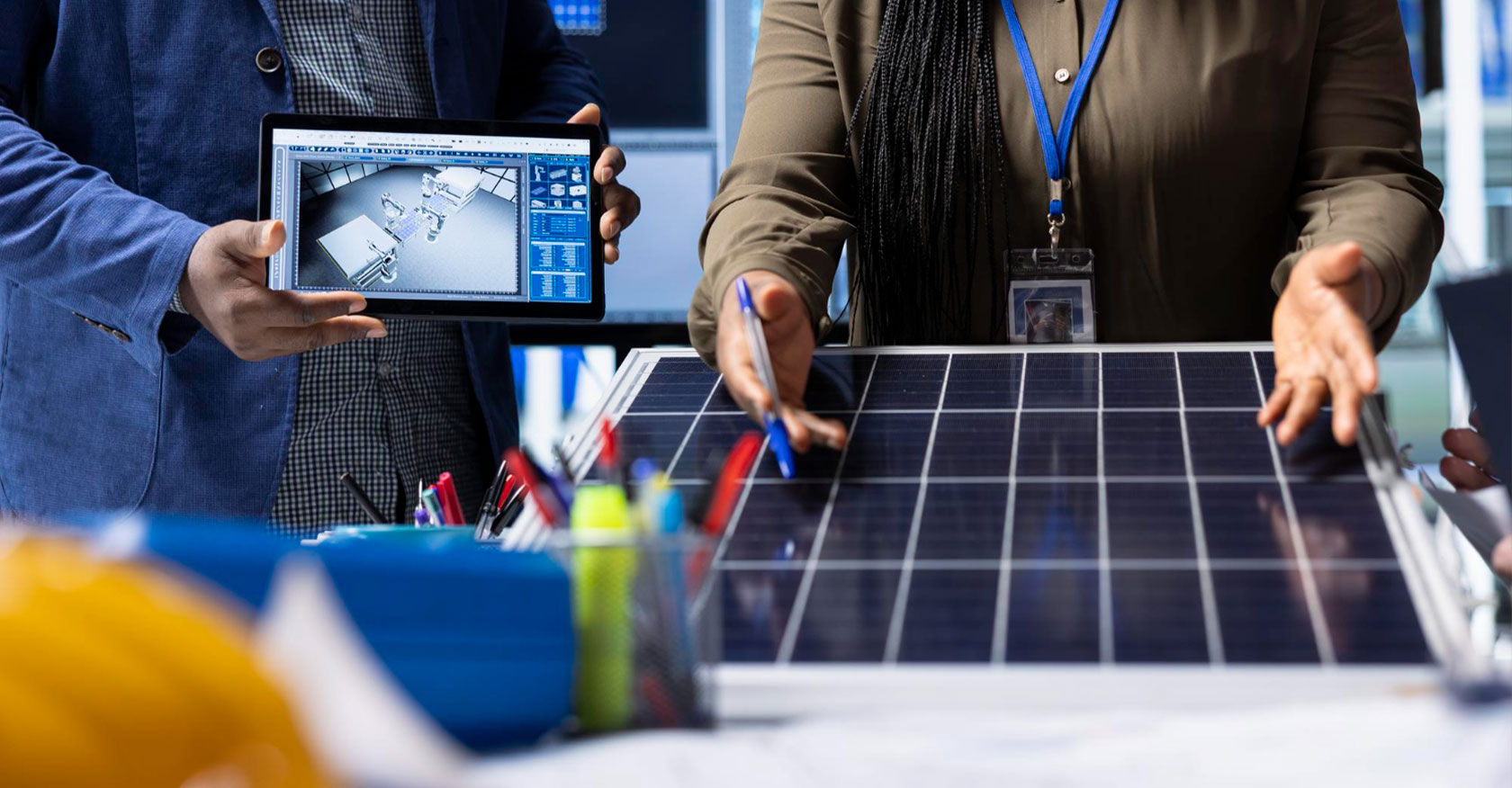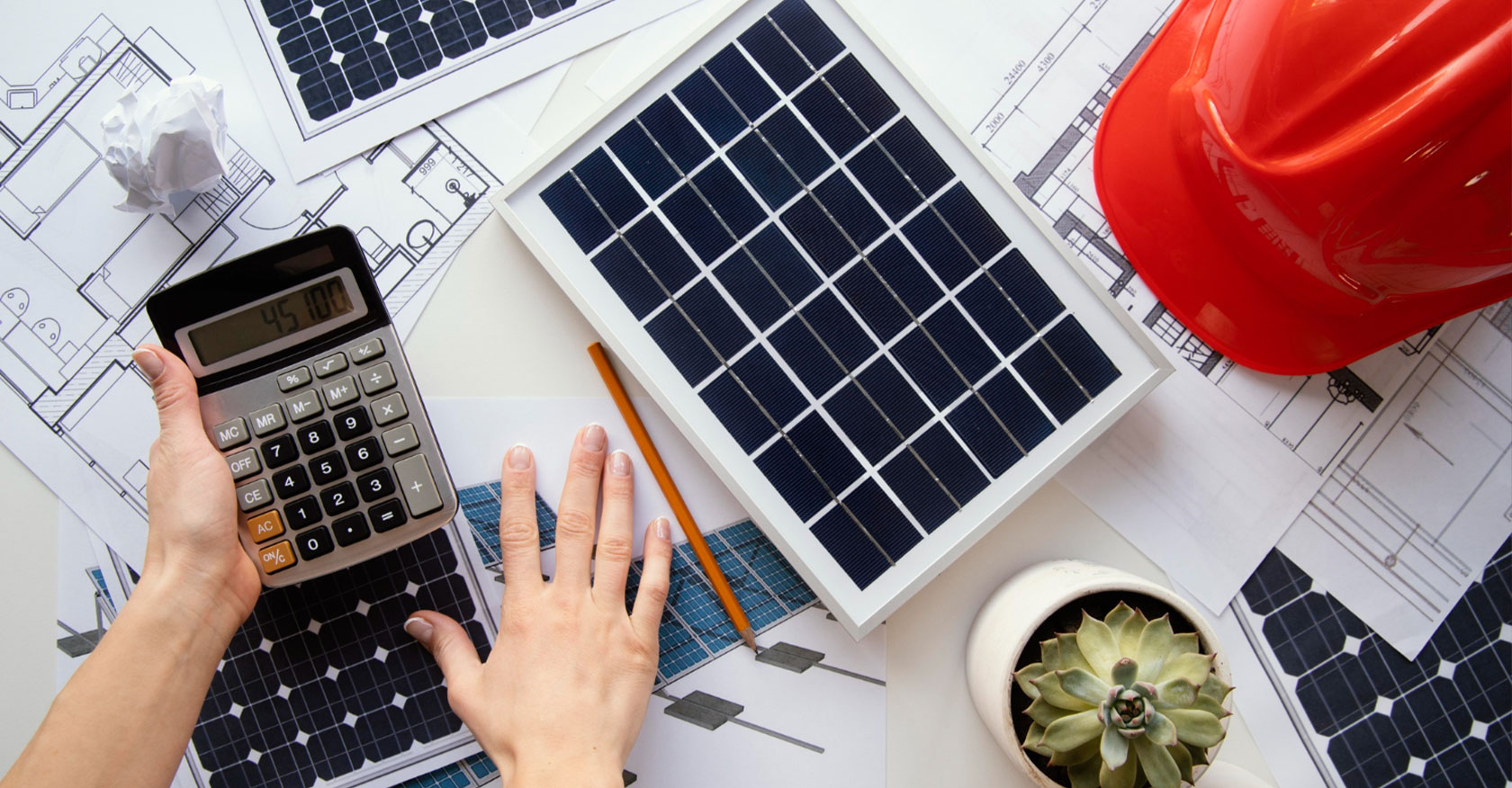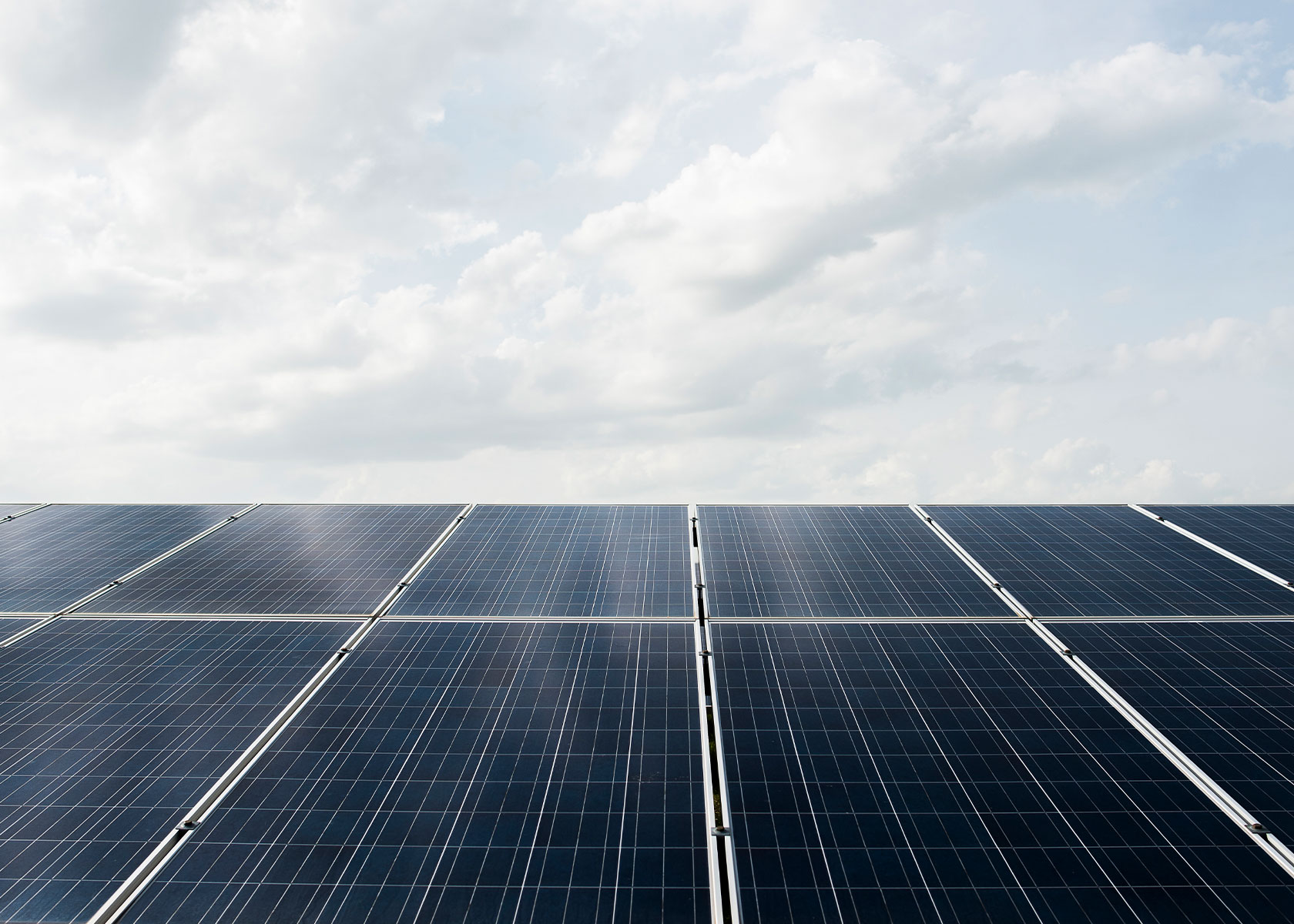Introduction
The shift to clean energy is no longer optional, it’s a strategic business decision. With India’s commercial electricity tariffs among the highest in Asia, rooftop solar panels for commercial buildings are becoming the go-to solution for lowering operational costs and meeting sustainability targets. But installing solar panels for business use is not just about buying modules and inverters, it’s about planning and execution. Here are five essential checks every facility manager, developer, or business owner must carry out before beginning a commercial solar panel installation project.
1. Structural & Load Analysis of the Roof

Before you order the first panel, check your building’s roof. Many commercial structures weren’t originally designed to handle the extra weight of solar modules, mounting structures, and cable trays.
- Conduct a certified structural audit to assess load-bearing capacity, especially for older industrial or commercial buildings.
- Consider environmental factors like wind load, seismic activity, and roof slope.
- This step ensures your rooftop solar panels stay secure for decades and protects your warranty coverage.
Pro Tip: Partner with an EPC provider who offers structural due diligence as part of their solar installation on commercial buildings package.
2. Regulatory Approvals & Grid Connectivity

Even the best-designed system can’t be switched on without approvals.
- Check DISCOM policies for net metering or gross metering in your state.
- Ensure compliance with local municipal or industrial development authority regulations.
- Factor in time for load-shedding clearances, fire NOC, and environmental approvals if applicable.
In India, grid connectivity approvals can take weeks or months. Planning for these up front ensures your commercial solar panel installation doesn’t stall.
Guide to Solar Permits in India
3. Shading & Layout Assessment
Solar output depends on uninterrupted sunlight. Conduct a shading analysis using drones or software tools to map shadow-free zones throughout the year.
- Optimize module orientation, tilt, and row spacing for maximum yield.
- Avoid obstructions such as water tanks, chimneys, or HVAC equipment.
- A professional EPC can design an optimized layout to maximize your ROI.
4. Procurement Planning & Component Quality
Not all solar panels or inverters are created equal. Cheap modules may reduce upfront cost but can compromise performance and warranties.
- Source BIS-certified modules and bankable inverter brands.
- Ensure mounting structures are corrosion-resistant and suited for your building’s climate conditions.
- Evaluate supplier track records and lead times to prevent delays in your solar installation on commercial buildings.
Pro Tip: Work with commercial solar companies that handle procurement end-to-end, offering reliable after-sales support.
5. Financial Modeling & ROI Forecast

Even the greenest initiative must make financial sense.
- Calculate your payback period, IRR, and projected savings over 25 years.
- Factor in subsidies, accelerated depreciation, and GST credits where applicable.
- Compare different EPC partners’ financial models to choose the best fit.
Businesses in India are now leveraging solar panels for business use to cut energy costs by 20–40%, making it one of the most profitable green investments available.
Conclusion
Installing rooftop solar panels on commercial buildings is one of the most impactful steps businesses can take to cut costs and carbon footprints simultaneously. But the key to success lies in planning. By carrying out these five checks from roof audits and approvals to procurement and ROI modeling you’ll ensure a seamless, compliant, and profitable installation.
Whether you’re an SME or a large industrial facility, working with experienced commercial solar installation companies can help you navigate every stage efficiently.
Speak to Our Solar EPC Team

